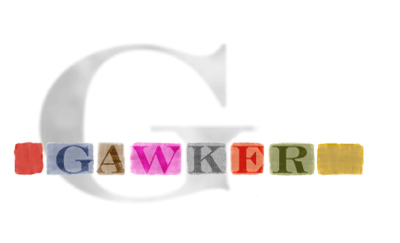
Over at The Next Web: Media, Simon Owens had the opportunity to sit down with Remy Stern, Editor in Chief of Gawker Media, to discuss how the company decides whether it will pay for a story and how much they’re willing to pay for the scoop.
Owens dropped me a line to let me know about the interview, and regular Gears and Widgets readers will remember him from his last interview with Denton where Denton said that Gawker made no direct revenue on the lost iPhone story and didn’t make advertising money on the story because they sell advertising in advance.
Gawker is just as major a media powerhouse as it’s ever been, with the Gawker team now larger than many mainstream media news teams; and Gawker has, at least in part, been responsible for breaking a number of new stories lately, including a scoop on a 25-year old “sleeping over” with Christine O’Donnell and Brett Farve snapping and sharing photos of his naughty bits. Even so, how does Denton and his team determine which stories are worth paying for, and then how much those stories that are worth paying for should get?
According to Owens, his interview revealed that Gawker turns down something like 95% of the story offers they get, and even those they accept don’t warrant that much money:
Gawker’s editor-in-chief Remy Stern told me in a phone interview that while he can’t speak for the sister blogs, Gawker is approached at least once a week with some kind of pay-for-play scoop and at least 95 percent of them are deemed not worth paying for. “If it’s someone who has a photo, they’ll say something like, ‘I have these photos,’ and they’ll describe them but won’t actually send the photos. They’ll sort of want to talk about it, or want to discuss an arrangement, and this is something that indicates they’re looking to be paid. It tends to be when someone approaches us; we’re not going out with our hand out to pay for things.”
Owens points out that Gawker paid around $5,000 for the lost iPhone story, under $20,000 for the Brett Farve story, and “low four-digits” for the Christine O’Donnell story, and part of the reason is that the reason these scoops are worth money is not just because of their big-hit-appeal, but also because there’s a real story under the covers that’s applicable to the readers of the site, and may draw in additional readers over time that keep coming back for news and regular stories, not just the big scoops.
[ The Next Web – Media :: How Does Gawker Decide Whether It Will Pay For a Scoop? ]
